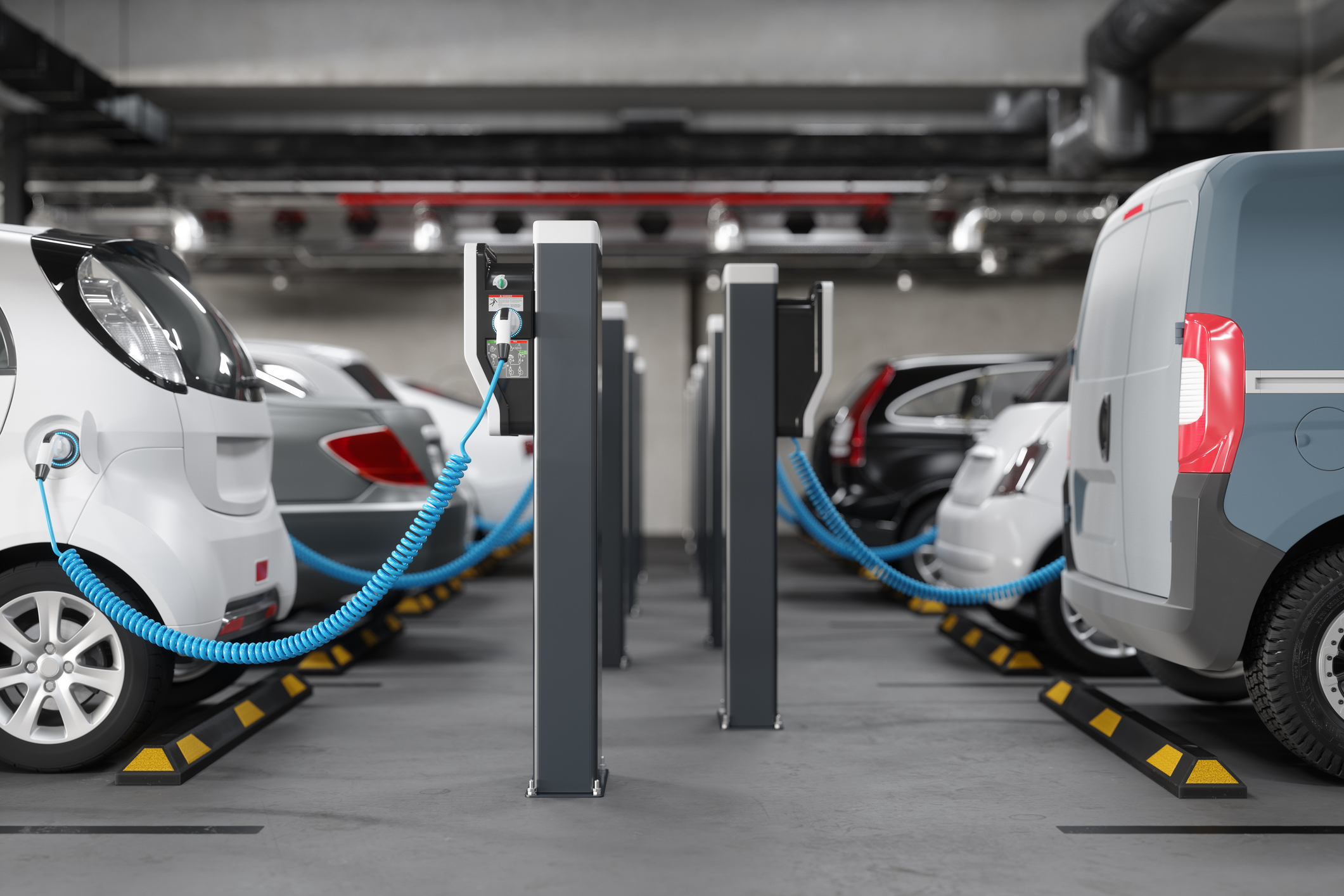For years now, rural electric co-ops have embraced electric vehicle (EV) trends through managed charging programs. Just last year, the NRECA recommended that cooperatives partner with their respective Departments of Transportation to coordinate on the vast EV charging networks that any infrastructure will need to support widespread EV adoption. Ideally, cooperatives need to avoid the EV charging deserts that currently exist and which will continue to exist without additional infrastructural support. Fortunately, the Inflation Reduction Act provides just that with tax incentives designed to encourage the development of further EV charging stations. With all those EVs on the road, does your utility have the right managed charging solution to better serve your members through lower energy costs and greater grid reliability?
Rural EV Adoption
For many reasons, it may come as no surprise that EV adoption has remained low in rural areas. That adoption is in part because of the long distances to travel and the lack of existing charging opportunities in these areas. Although rural areas are home to only about 1/4 of the total U.S. population, these areas cover about 97% of the nation’s territory, which is a vast territory to have to develop the appropriate charging networks.
According to the DOE, in order to expand the EV charging network to within three linear miles of a fast-charging station, the country will need a charging station density of about 56 stations per 1K square miles. Fortunately, the Inflation Reduction Act was designed with these metrics in order, meaning that within the next decade (or faster), the volume of national fast charging stations will expand exponentially to meet public demand.
What is Managed Charging?
Managed charging programs come in several shapes in sizes, although primarily in managing when a battery is charged to avoid peak demand periods. According to the EERE, managed charging sometimes refers to networked EV equipment such as power walls, etc., or to the deployment of programs designed for optimizing energy needs across the EVs participating in a program.
Why is Managed Charging Important in Rural
Managed charging is one of several demand flexibility conservation strategies that include programs like demand response. Managed charging can help reduce the need for EVSE upgrades, maximize the local generation needed to minimize expensive energy costs, optimize for time of use (TOU) rates, and increase energy security.
And EV adoptions will only ever increase. It’s worth noting that President Biden’s strident electrification and decarbonization strategies have included calls to increase EV manufacturing to account for half of all new vehicles by 2030. Between that and prosumer adoption, EVs are here to stay, so planning for that increased demand now will only pay out dividends later.
Cooperative-Run Managed Charging Programs in Action
In 2019, Vermont Electric Cooperative (VEC), a cooperative partner with Virtual Peaker, needed to incentivize their managed charging opportunities. To do that, they offered a $250 credit to members who bought a Level II EV charger, which replenishes energy about four times faster than a standard 120-volt outlet. The Johnson, Vt.-based co-op asked members not to charge their cars between 5:00 p.m. and 9:00 p.m. to avoid peak demand. The initiative was and remains part of VEC’s Energy Transformation Program to reduce the consumption of fossil fuels and the production of greenhouse gasses.
– Lisa Morris, Energy Services Planner, Vermont Electric Cooperative (VEC)
Just down the road from VEC, the Washington Electric Co-op took a similar approach by offering discounts on the purchase of electric vehicles, electric lawnmowers, and electric bikes. Both co-ops are standing ready on the front lines of the growing global EV charging infrastructure market, and as noted, EV sales have increased exponentially.
For example, EV sales doubled in 2021 from just 2020. In fact, nearly 10% of all global automotive sales were for electric vehicles as of 2019, and those numbers continue to grow. As of this writing, the electricity needed to meet these EV charging requirements is projected to increase more than 20-fold in APS, or to about $190b by 2030.
The great news is that WEC and VEC aren’t alone: the National Rural Electric Cooperative Association (NRECA) frequently profiles EV programs offered by co-ops across the country – from North Carolina to Minnesota to Arkansas. Co-ops are indeed laying the groundwork for an electric vehicle future.
Managed Charging Conclusion
Last summer, the U.S. Department of Transportation began proposing new EV infrastructure rules, illustrating that the EV charging expansion is already well underway. As more and more infrastructure is built and more EVs manufactured, cooperatives will need to rise to meet consumer demand, and managed charging is an incredible tool in mitigating costly peak energy purchases, enhancing grid reliability, and improving member satisfaction.
This article was originally published on October 9, 2019, with updates on January 25, 2023.






